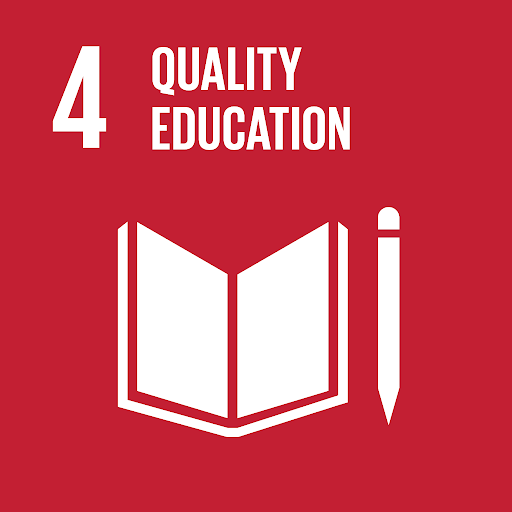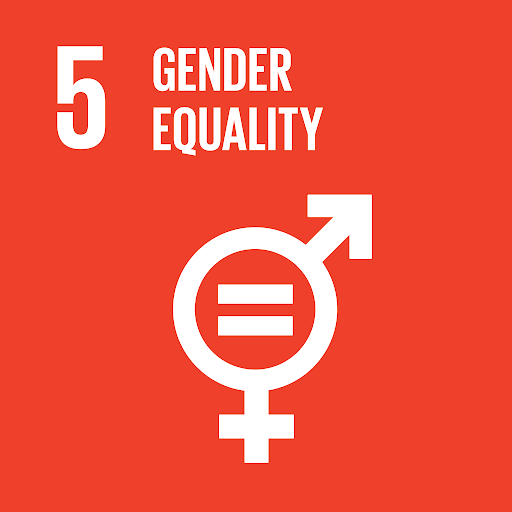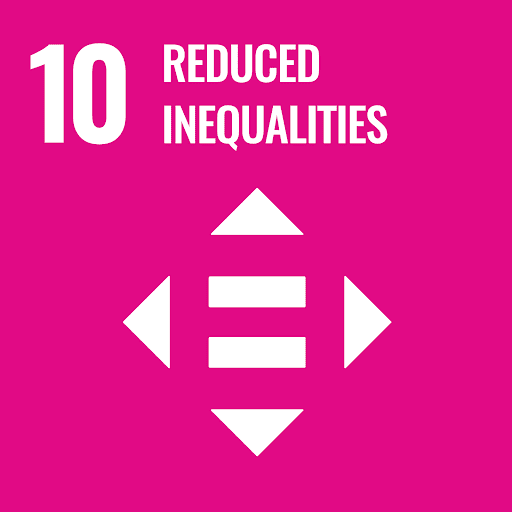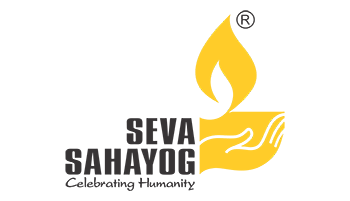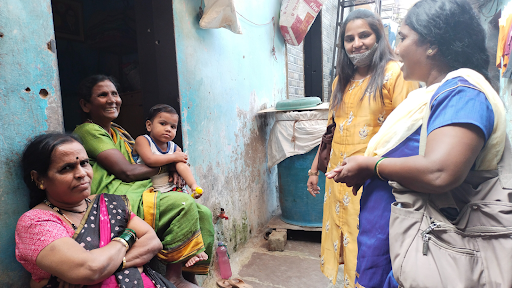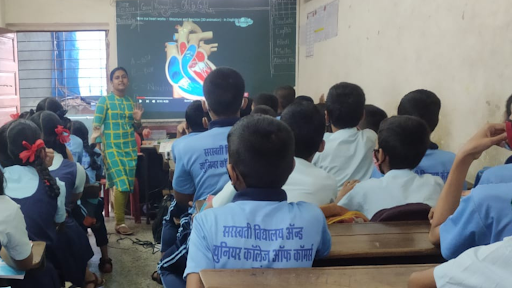Knowledge on Wheels
Most schools in urban areas should ideally have an integrated Science infrastructure but the reality is far from it. Several schools in Mumbai and Pune lack basic science facilities for students. This can adversely affect the understanding of scientific basics in students and disconnect the sense of curiosity in their personalities. Practical knowledge is way more crucial when it comes to scientific experiments and sessions but the lack of exposure prevents the students from reaching their optimal potential. Many schools get salary grants for teachers’ salaries, but they don’t get grants for other facilities like science laboratories, libraries, computers, E-learning, etc. Similarly, the communities lack exposure to awareness about proper perspective towards the development of the community and upcoming generations.

Since 2016-17, the Knowledge on Wheels projects have provided access to science education to students who may not have access to science laboratories or equipment. Knowledge on Wheels supports underprivileged schools by providing mobile science laboratories to socio-economically challenged students, significantly enhancing their overall development. What began with a single van has expanded to seven, serving schools across Pune and Mumbai. The initiative also conducts science exhibitions, trains science teachers, promotes kitchen gardening, organizes exposure visits, and offers fire safety and first aid demonstrations at various schools. Additionally, 92 mini-science centers have been established under this project in various schools.

Objectives
- Establishing a fully equipped Knowledge On Wheels (KoW) including a new van carrying hands-on science learning equipments
- Conducting experiential learning to the students from infrastructurally weak schools
- Frequency: Twice in each school every year
- Promoting science through simple teaching-learning kits
- Promoting student participation in science fairs and competitions
- Optimizing the impact by outreaching communities for engagement.
Impact
In 2023-24, the initiative created a transformative impact by reaching 134 beneficiary schools, 112 communities, and 33,605 students, alongside engaging 12,830 community participants. With 8 mobile science laboratories, the program delivered quality and experiential education to students from socio-economically weaker sections in Pune, Mira-Bhayander, Vasai-Virar, Boisar, Murbad, Pen-Panvel, Thane, and the Eastern Mumbai Region. These mobile labs enabled hands-on learning, making science accessible and engaging for young minds.
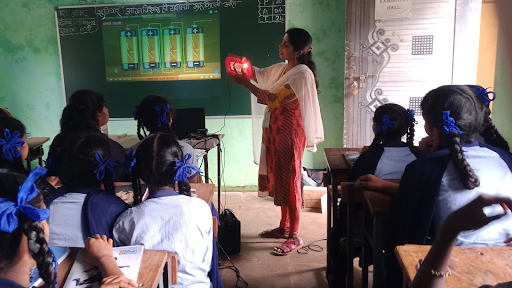
Additionally, 151 teachers from 90 schools were trained to improve science education delivery, while 13 schools and 1 community were equipped to develop kitchen gardens, fostering environmental awareness and sustainable practices.
In the 2023-24 academic year, the school’s outreach program saw a growth of 30%, and community outreach grew by 6%. Additionally, student participation increased by 46%. Before the Knowledge on Wheels project, students primarily learned science through textbooks. Now, over 116 schools in more than 10 locations benefit from practical science education. The overall performance of students, based on pre-and post-tests conducted during the activities, increased by 25%. During a two-day science exhibition, students engaged in DIY activities, foot rockets, fire rockets, sun gazing through telescopes, and other practical science projects not typically covered in the school syllabus. This hands-on approach inspired students to think creatively, resulting in the creation of 228 unique projects.
United Nations Development Programme’s
Sustainable Goals aligned with Knowledge on Wheels
